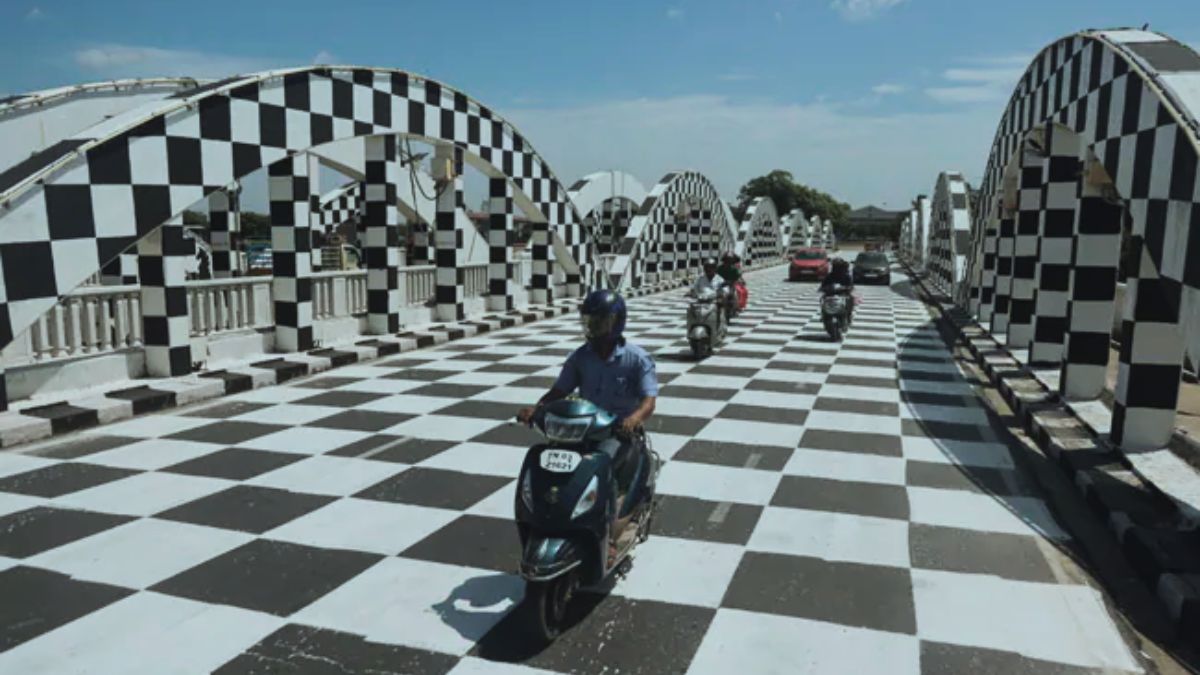The progression of chess in the southern region of India has been truly remarkable, and due credit must be accorded to the numerous stakeholders who have diligently toiled behind the scenes to elevate this endeavor to a position of utmost significance.
One key factor contributing to the burgeoning success is the robust grassroots infrastructure that has been meticulously established. Chess academies and training centers have sprouted across the southern landscape, providing aspiring players with essential resources and mentorship. This foundational support has played a pivotal role in nurturing young talents and fostering a culture of excellence.
Furthermore, the collaborative efforts between chess federations, educational institutions, and local governments have been instrumental. Initiatives promoting chess in schools have not only enriched the academic environment but have also acted as breeding grounds for prodigious chess talents. The symbiotic relationship between these entities has created a conducive ecosystem for the sport to thrive.
Coaching programs led by seasoned Grand masters and experienced trainers have significantly elevated the skill levels of players in the southern region. The emphasis on a structured training regimen, coupled with access to advanced chess technologies, has propelled the development of a highly competitive and strategic chess community.
The establishment of regional and inter-school chess leagues has added a competitive edge to the chess landscape in southern India. These leagues serve as platforms for players to showcase their talents, fostering healthy rivalries and contributing to the overall elevation of the game’s standard.
Beyond infrastructure and training, the role of chess tournaments cannot be overstated. Southern India has become a hub for hosting national and international chess events, attracting top-tier players and fostering an environment of intense competition. The exposure gained from participating in such tournaments has been pivotal in honing the skills of local players and placing them on the global chess map.
In addition to formal training and competitions, the role of chess enthusiasts and community engagement initiatives has been crucial. Chess clubs, online forums, and community events have created spaces for players to share knowledge, experiences, and strategies, contributing to a collective growth mindset within the chess community.
As southern India continues to make strides in chess development, the synergy between stakeholders remains paramount. Sustaining this momentum requires ongoing collaboration, investment in infrastructure, and a commitment to nurturing the next generation of chess prodigies. The journey of chess in the southern part of India stands as a testament to the trans formative power of collective dedication and strategic planning in the realm of sports development.





